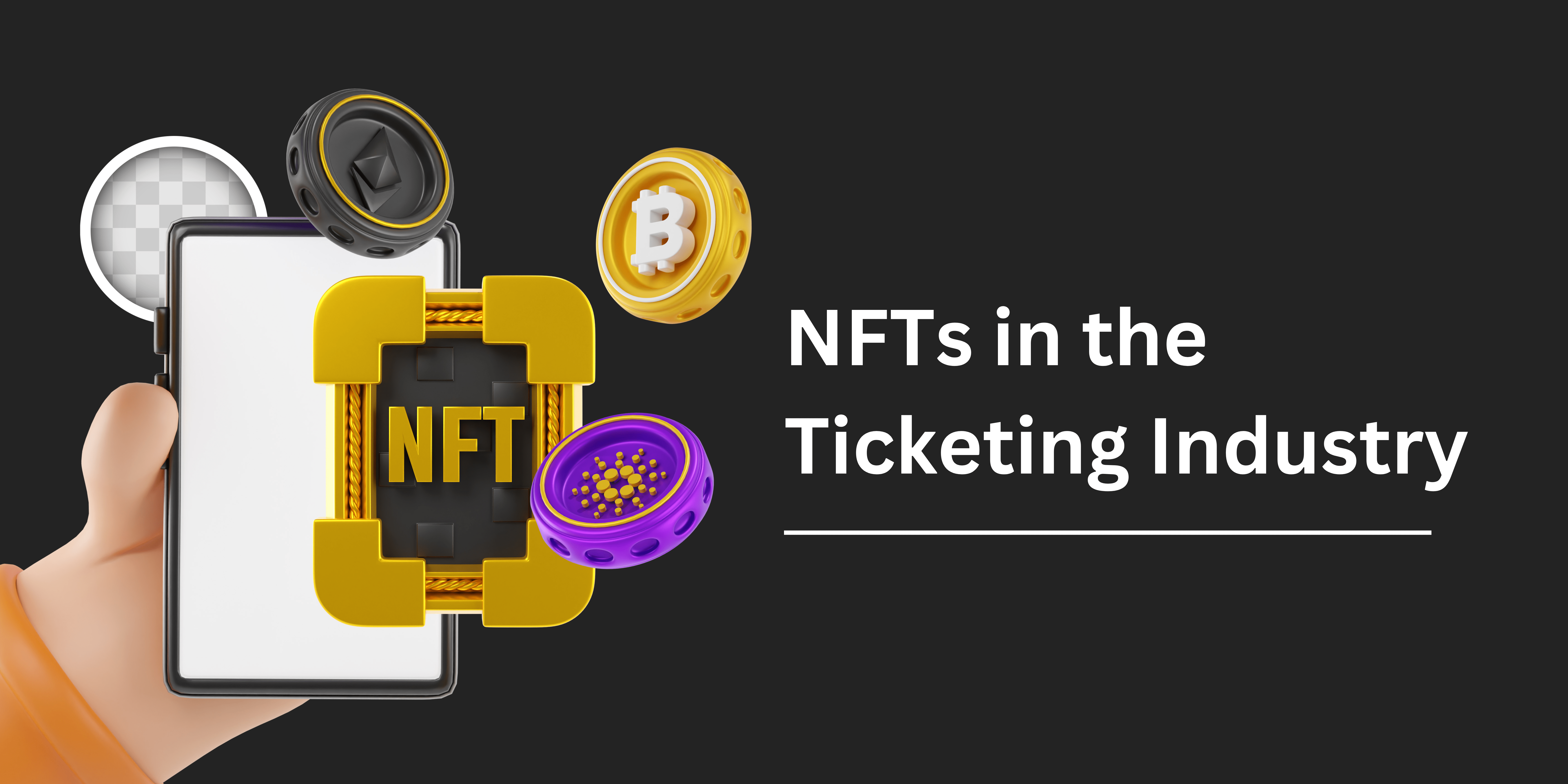The Rise of NFTs in the Ticketing Industry
In today’s digital age, new technologies are revolutionizing various industries, and the ticketing industry is no exception. One such innovation that has gained significant traction in recent years is NFT ticketing. NFT, or non-fungible tokens, has emerged as a groundbreaking concept, transforming the way we think about digital ownership and ticketing. In this article, we will explore the world of NFT ticketing, its benefits, and how it is shaping the future of the ticketing industry.
Understanding NFTs and Their Unique Properties
To comprehend NFT ticketing, it is essential to first understand what NFTs are. NFTs are digital assets that represent ownership or proof of authenticity of a unique item or piece of content. Unlike cryptocurrencies such as Bitcoin or Ethereum, which are fungible and interchangeable, NFTs are indivisible and cannot be exchanged on a like-for-like basis.
NFTs leverage Blockchain Technology, a decentralized digital ledger that ensures transparency, security, and immutability. Each NFT contains metadata that defines its characteristics, including its origin, ownership, and other relevant information. This makes NFTs ideal for verifying the authenticity and provenance of digital assets, including tickets.
The Benefits of NFT Ticketing
NFT ticketing offers several advantages over traditional ticketing systems, both for event organizers and ticket holders. Let’s explore some of the key benefits:
✦ Enhanced Security and Anti-Counterfeiting Measures
Counterfeit tickets have long been a concern in the ticketing industry, leading to revenue loss and frustration for both event organizers and attendees. NFT ticketing addresses this issue by providing enhanced security measures. The blockchain technology underlying NFTs ensures that each ticket is unique and cannot be replicated, effectively eliminating the risk of counterfeit tickets.
✦ Immutable Ownership and Transparency
One of the core features of NFTs is their immutability. Once a ticket is tokenized as an NFT, its ownership history and transaction details are recorded on the blockchain, creating an immutable and transparent audit trail. This enables event organizers and ticket holders to verify the authenticity of tickets, track their transferability, and eliminate fraudulent activities.
✦ Secondary Market Opportunities
NFT ticketing introduces the concept of the secondary market for tickets. After purchasing an NFT ticket, the owner has the option to resell it on various NFT marketplaces, potentially generating additional revenue or transferring it to someone else who wants to attend the event. This opens up new possibilities for ticket holders and creates a dynamic ticket ecosystem.
✦ Enhanced Fan Engagement
By leveraging NFT ticketing, event organizers can offer unique experiences and rewards to ticket holders. For example, they can provide exclusive access to backstage meet-and-greets, limited-edition merchandise, or digital collectibles associated with the event. These additional perks not only increase fan engagement but also provide a new revenue stream for organizers.
|| Read Here: Blockchain Development Cross-Chain Technology ||
The Future of NFT Ticketing
As NFTs continue to gain popularity and mainstream recognition, the future of NFT ticketing looks promising. The ticketing industry has historically faced challenges related to ticket scalping, fraud, and limited control over the secondary market. NFT ticketing has the potential to address these issues and revolutionize the industry in the following ways:
✦ Increased Ticketing Accessibility
NFT ticketing can potentially enhance ticketing accessibility by reducing the reliance on traditional ticket distributors. With blockchain technology, tickets can be issued and transferred directly between event organizers and ticket buyers, eliminating intermediaries and associated fees. This empowers organizers to reach a broader audience while offering fair pricing and better ticket availability.
✦ Improved Ticket Scalping Prevention
Ticket scalping, the practice of reselling tickets at significantly inflated prices, has plagued the ticketing industry for years. NFT ticketing can combat this issue by implementing smart contracts that enforce price controls and resale regulations. These programmable features can ensure that ticket prices remain within a reasonable range and prevent scalpers from exploiting high-demand events.
✦ Innovations in Fan Experience
NFT ticketing opens up a world of possibilities for enhancing the fan experience. Through NFTs, event organizers can offer interactive features, such as augmented reality (AR) experiences or exclusive digital content, accessible only to NFT ticket holders. This adds value to the ticket and creates memorable experiences for attendees, fostering long-term loyalty and engagement.
|| Also Read: Solana NFT Marketplace ||
Conclusion
NFT ticketing is an emerging trend that is reshaping the ticketing industry. By leveraging blockchain technology and the unique properties of NFTs, event organizers can enhance security, transparency, and fan engagement. With benefits such as increased ticketing accessibility, improved scalping prevention, and innovations in fan experience, NFT ticketing has the potential to revolutionize the way we buy, sell, and experience tickets. As the technology continues to evolve, we can expect NFT ticketing to become more prevalent, offering exciting opportunities for organizers and attendees alike.
So, if you’re ready to embrace the future of ticketing, join the NFT revolution today! Contact Us


